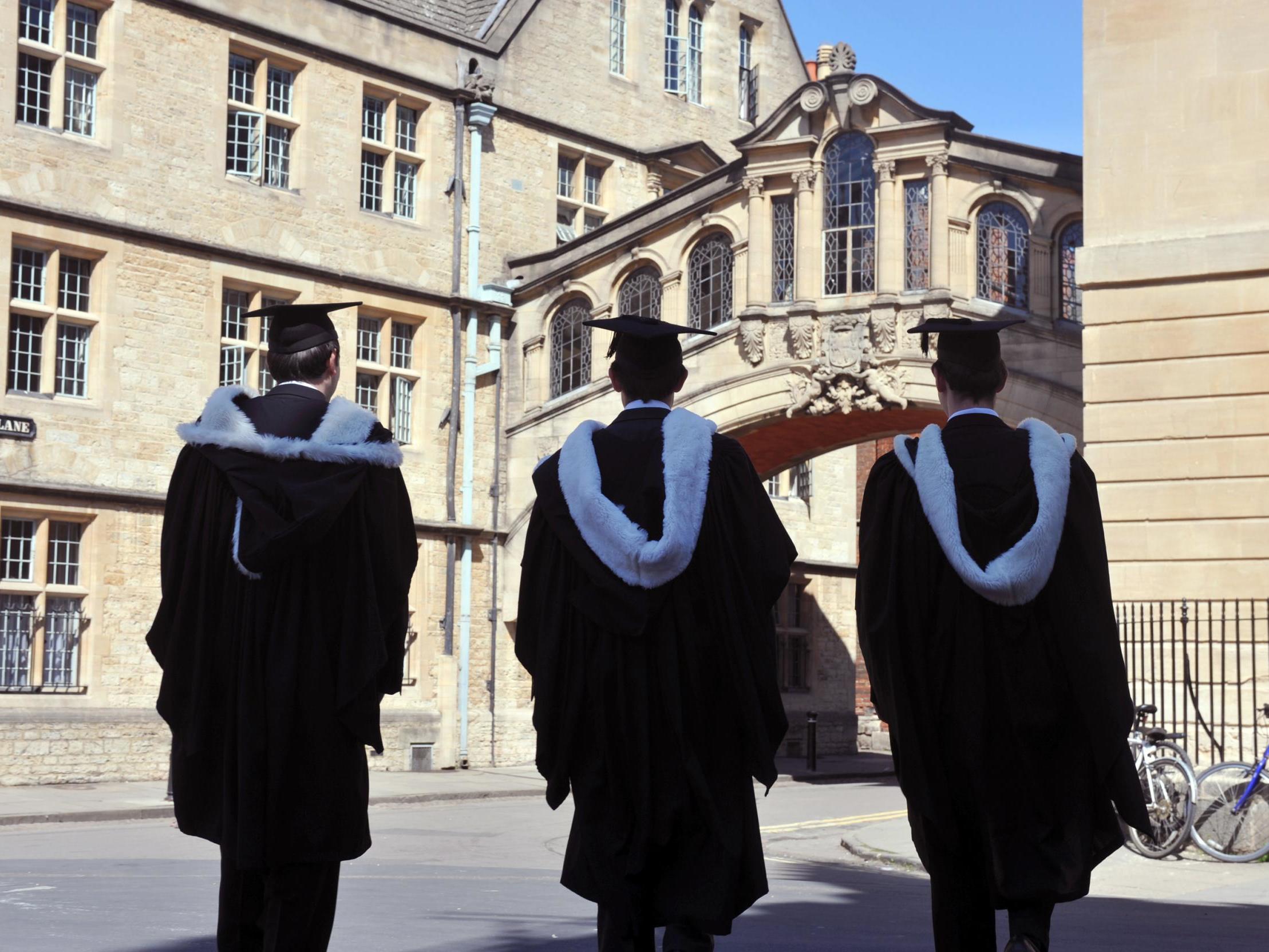We know how higher education fails black students, so what’s stopping us from fixing it?
If we’re ever going to truly empower British students of colour, the effort has to come from everyone, and that means looking critically at non-inclusive curricula


Almost every elder I know has uttered a version of the sentence: “Jobs like those are not for people like us,” as if we’d all been conditioned to think we were only meant to go down one rigid path while others excelled and prevailed in all sorts of avenues.
It wasn’t until I was 15 that it finally clicked that, unfortunately, we have been taught to think like that, because that’s exactly how racial inequality works in society.
It’s fair to say a lot of us are simply products of our environment. Britain is supposedly an increasingly diverse country, but we never seem to have had a curriculum that reflects that. Quite frankly, there isn’t enough focus on the role of higher education curricula in furthering racial equality in Britain, and that needs to change now.
In October last year for example, the Royal Historical Society published a report on race, ethnicity and equality within the teaching industry. According to Advance HE’s Equality Challenge Unit, Bame students and staff are underrepresented in UK history departments, which has had a great effect on the quality of teaching, learning and research on history in the UK.
The report recommends “pragmatic” steps to enhance the representation and experience of Bame students and suggests schools and university curriculums offering diverse histories are taking correct measures in engaging with a wider and diverse pool of students.
If we take a look at a report published in 2011 which showed that of over 14,000 university professors in the UK, only 50 were black and overwhelmingly, outside the humanities disciplines, it’s clear we’ve long needed systematic attention to racial and ethnic inequality.
But the issues go much deeper than physical representation. We need to make vast improvements through literature, after-school clubs and lessons too. The goal of inclusivity can’t solely be reached by waiting for annual observances like black history month or world culture day to roll around in order to discuss the accolades of different communities.
One such institution defying those practices is Goldsmiths, University of London. In 2015, the university took the bold step of introducing the first ever master’s degree course in the world that solely focuses on black British literature. This year, it became the first university in the UK to launch a black British history master’s.
The black British writing MA is co-convened and co-taught by Dr Deirdre Osborne, reader in English literature and drama, and professor Joan Anim-Addo, professor of English and Caribbean literature, the only black woman professor of comparative literature in the UK.
Ms Osborne and Ms Anim-Addo discovered black British writing is taught more outside the UK (for example, in Germany, Italy, the US and Belgium) than it is here, and were pushed to join forces to create a postgraduate degree with the aim of catering to those people who have missed out on a vital part of British culture not universally taught or represented.
Despite being first introduced in 2015, many students are still unaware that the course exists – partly due to a lack of independent research and virtually no media coverage, but also due to the constant assumption that no institution would focus on the contributions of Bame people in Britain.
Even now that the country’s first black history postgrad is due to launch in September, it has hardly been covered. I’d even go as far as suggesting it’s being ignored, and I think that in itself is a problem.
I spoke to Dr Osborne on why inclusivity in all forms is so important and she said: “To have no or limited access to a fuller picture of literary history, to be diminished, disregarded or erased is cultural starvation.
“Why exist only on rations that will not nurture everyone? In terms of cultural citizenship and social worth and self-esteem, the absence or misrepresentation – even distortion – this engenders creates negative effects across generations, until they become ‘familiar’ and normalised. This is cemented in the school system.
“There are many teachers who understand this, and do want to change it, but the national curriculum needs prising open and then, in higher education, their expectations must be met.”
If we’re ever going to truly reach a stage of racial equality within institutions, the impetus has to come from everyone. We have to unite to improve the situation – the issue of racial equality cannot be solved by Bame communities alone. We need privileged and non-black communities who truly believe in equality to also play their part in celebrating, researching and discussing our well-earned achievements throughout history.
The recognition that the best of contemporary British life has benefited from the toil and culture of postwar migrants, and has evolved in ways undreamt of, is overdue. Excluding the work and history of these people would be an affront to that legacy.
Goldsmiths has done what no other institution has been brave enough to do, but it cannot end here – schools, business and the media need to learn and watch the impact this course will have on both the black community and other communities.
At a time like this where the young are vulnerable, it’s important to ensure representation within a classroom, curriculum and society is available. By educating them on what their ancestors or community have achieved, they can be inspired to continue on in the traditions that are often withheld from them.

Join our commenting forum
Join thought-provoking conversations, follow other Independent readers and see their replies